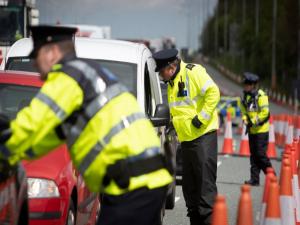
By James Ward, PA
The Government hopes to ease pandemic restrictions for two weeks over Christmas but a January lockdown could be necessary, Leo Varadkar has said.
The Tanaiste said it was not possible to rule out a further lockdown in the new year but said it would be much shorter than before, at around “two or three weeks”.
The National Public Health Emergency Team meets on Wednesday to decide on its recommendations to Government, which is expected to make its decision public on Friday.
Mr Varadkar declined to comment on reports that three households may be allowed to meet over the festive season, but suggested family visits will be allowed.
He said: “We want people to be able to meet their families and meet their friends over the Christmas period.
“We know people are going to do it anyway. So it’s better that we can provide for it in a safe way.
“Because we’ve got the virus down to much lower levels than in Northern Ireland or in Britain, we think we’ll be able to do that for a much longer period than the five or six days they’re talking about.
“We hope to be able to do it for something close to two weeks.”
But Mr Varadkar was clear that this approach could lead to further restrictions in January.
“It’s not possible to rule that out. We’ve seen how the virus, once it reaches a certain point, can return to exponential growth,” he said.
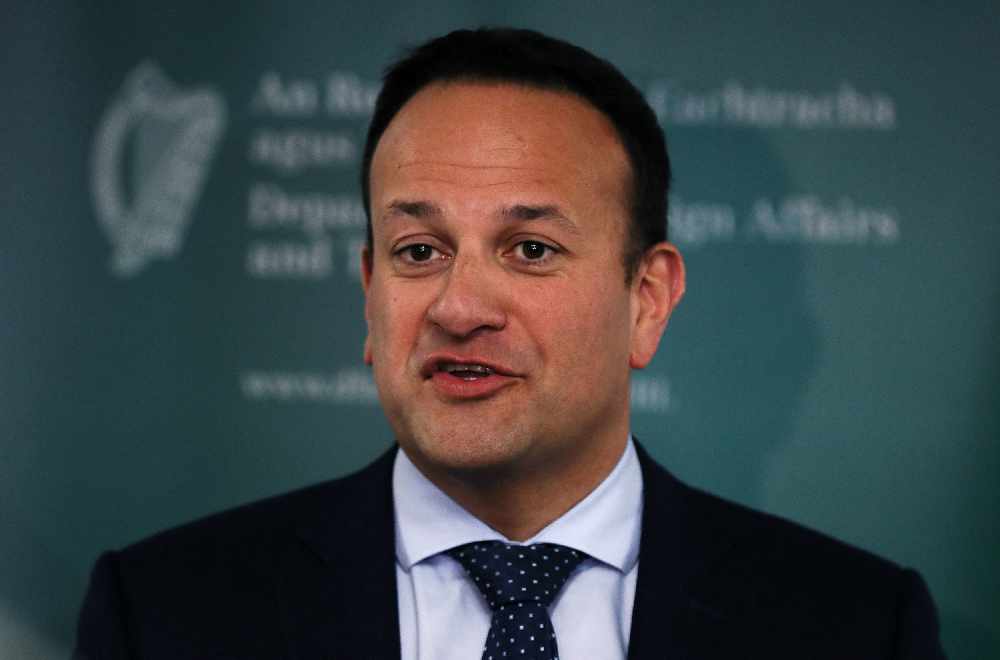
But the Tanaiste said a third lockdown was likely to be shorter.
He said: “If it does happen at all, we would intend it to be much shorter, more like two or three weeks than the six that we’ve experienced.”
Mr Varadkar also suggested that pubs, restaurants and household visits will be at the back of the queue, opening at a later date than December 1, when lockdown is due to end.
He said: “Obviously we would like to do the maximum reopening from next week, but we think it’s not safe. We think it makes more sense to do a phase-in of Level 3.
“We know from the data that the highest-risk scenarios are people congregating, particularly in hospitality or sporting settings. And people congregating in private homes. They’re the things we’ll do towards the end.
“The things we’ll do at the start are the things we know to be safer, for example, opening the shops, opening the gyms, allowing people to avail of personal services, like getting their hair cut. It’ll be haircuts and shopping before nights out.”
He continued: “The idea then is that a date would then kick in in January where restrictions would be tightened again, but again that’ll depend on the numbers.
“If we are able to keep the numbers low, we won’t reimpose restrictions just for the sake of it, we’ll only reimpose restrictions if we think the virus is taking off again.”
Although all of the decisions are yet to be finalised, Mr Varadkar may be putting himself at odds with leaders in Northern Ireland.
Restrictions in the North will be lifted for only one week, compared with the two weeks mooted by the Tanaiste.
Earlier this week, Deputy First Minister Michelle O’Neill expressed hope that the strategies in the North and the Republic could be aligned.
“Everybody’s grasping for some wee bit of hope and wee bit of light and we want to be able to give them that, and the clearer the message can be across the two islands then that’s a better position for us all to be in,” she said.
Northern Ireland has adopted a common approach to the festive period with the rest of the UK that will allow three households to mix in a bubble from December 23 to 27.
Anyone travelling to or from Northern Ireland has been given an extra day on either side of the relaxation period, enabling them to make their trips on December 22 and 28.


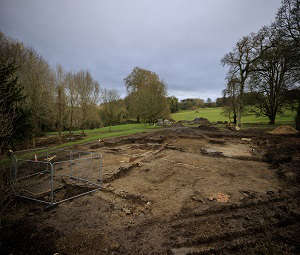 Remains of 300-year-old building complex unearthed by chance on country estate
Remains of 300-year-old building complex unearthed by chance on country estate
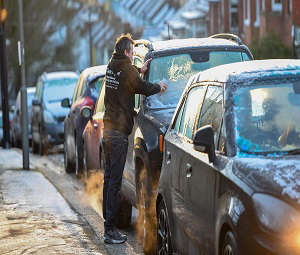 Fresh Met Office warning for icy conditions across Northern Ireland
Fresh Met Office warning for icy conditions across Northern Ireland
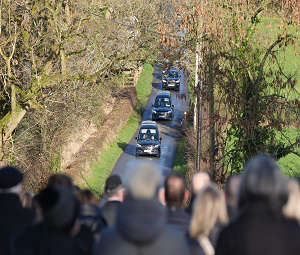 Community still in shock over deaths of father and son, funeral told
Community still in shock over deaths of father and son, funeral told
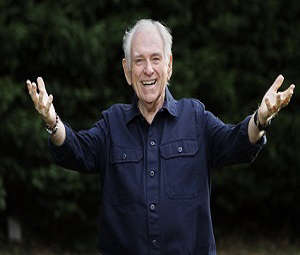 Hugo Duncan dedicates MBE honour to late mother who raised him on her own
Hugo Duncan dedicates MBE honour to late mother who raised him on her own
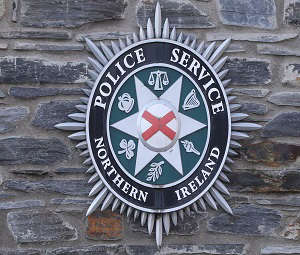 Police concern over large gathering of youths at Belfast interface
Police concern over large gathering of youths at Belfast interface